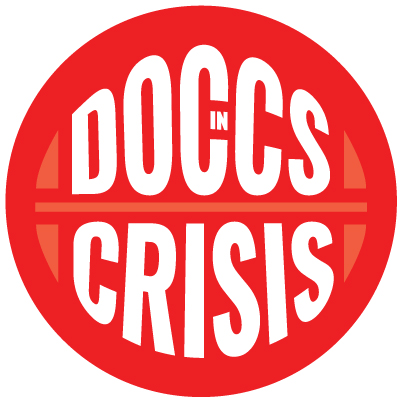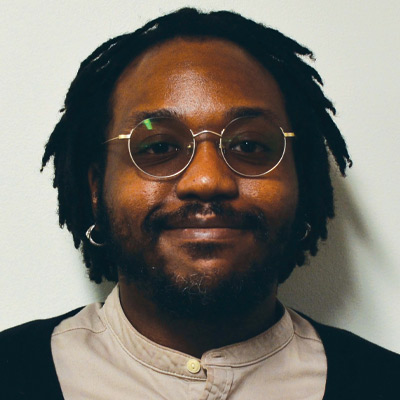 April 3, 2025 – On President’s Day, when stories of corrections officers across the state walking off the job started to circulate, no one could imagine the almost month-long struggle that lay ahead for PEF members.
April 3, 2025 – On President’s Day, when stories of corrections officers across the state walking off the job started to circulate, no one could imagine the almost month-long struggle that lay ahead for PEF members.
“As soon as we heard about it, our first priority was the health and safety of our members,” said PEF President Wayne Spence. “These are dangerous jobs in the best of circumstances and PEF members, without the proper training, should not be doing things like moving incarcerated individuals around inside facilities or delivering food to dormitories without security escorts.”
PEF created a form for members to report all issues and filed those complaints with the Public Employee Safety and Health (PESH) program within the State Department of Labor and used them as the basis to create affidavits for use in a possible lawsuit.
Threats of legal action resulted in the union signing multiple Memorandums of Agreement (MOA) with New York State. One MOA established an overtime work rate of 2.5 times a members’ regular rate of pay. Another outlined terms and conditions of employment during the crisis, protecting mainly PEF-represented DOCCS nurses and medical staff from having contact with incarcerated individuals without trained security. Additionally, the State agreed that parole officers would not be assigned to security details inside prisons and PEF employees would be provided with personal alarms.
The union received dozens of reports from PEF members who sacrificed time with their families to work mandated overtime during the crisis, with some clocking 16-hour days and others working for weeks at a time with no days off. A verbal agreement PEF reached with DOCCS gave parole officers a break by eliminating work or on-call assignments the weekend of March 8-9.
On a Telephone Town Hall on March 12, PEF members who work at DOCCS or the Corrections Based Operations of OMH were assured that union leadership and staff were doing all they could to make sure members were protected while negotiations to end the strike continued. Additionally, the MOAs signed in February were extended until April 9, 2025. PEF also urged members to continue to share their stories so that PESH could hear the complaints and the union could potentially take legal action.
A third MOA was signed by PEF President Wayne Spence and the Office of Employee Relations on March 13, which authorized the carry-over of vacation accruals in excess of 40 days beyond April 1, 2025. Members now have an additional year to use that accrued time. The new deadline is April 1, 2026.
Negotiations between the corrections officers’ union, NYSCOPBA, and the State resulted in an agreement to end the strike on March 11. As part of the agreement, DOCCS agreed to pause parts of the HALT Act for 90 days, set up a process for scanning legal mail (designer drugs are being smuggled in using that mail), continue the 2.5 times temporary overtime pay for affected staff, and establish a committee to review HALT. HALT stands for Humane Alternatives to Long-Term Solitary Confinement. It was signed into law by former Governor Andrew Cuomo on March 31, 2021.
President Spence has a seat on that committee, along with the following members:
-
- Lindsay Bonanza, a teacher at Marcy Correctional Facility;
-
- Steve Drake, a vocational supervisor at Mohawk Correctional Facility in Rome, and chair of the PEF/DOCCS Labor-Management Committee;
-
- Anne Jordan, an offender rehabilitation coordinator at Groveland Correctional Facility in Sonyea, N.Y.
-
- Jeff Taylor, a registered nurse at Clinton Correctional Facility in Dannemora, N.Y.
“It is going to take months or years for DOCCS to recover. They are down almost 4,000 correctional officers and it takes 12 weeks to hire and train new ones,” said President Spence. “PEF members can’t become complacent and start doing the work of the officers. I will not stand for members working 16-hour days.”
President Spence added on the call that reforming HALT will not be easy, especially since the criminal justice advocates who were so vocal about establishing it are not part of the committee. But the president committed PEF to those difficult conversations.
“When it comes to HALT, we have to talk about unintended consequences — the death of inmates or protracted disfigurement of staff. There must be meaningful consequences for the actions of incarcerated individuals,” he said.
PEF is continuing to solicit stories from members working at DOCCS so the union can keep the pressure on the State to improve working conditions. Please fill out this form to submit yours.

